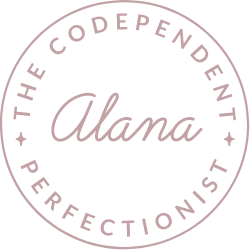
Perfectionism
In simple terms, perfectionism means holding ourselves to unrealistic standards that we will never attain. Perfectionism typically develops in childhood, as a way to please our parents, teachers, and other important people in our lives.
For perfectionists, just being is not enough.
As perfectionists grow up and become adults, they find their identity in their work, status, body image, finances, and accomplishments. Perfectionists are always striving to meet their next goal in order to feel better—because just being is not enough.
Take the quiz
Perfectionism can cause us to hide our shortcomings, pain, and struggles.
Because we don’t want people to judge us, perfectionists often paint a perfect picture rather than share what we’re really going through. This leads us far away from our true selves, stunts our creativity, and stifles deep connections.
Not sure if you struggle with perfectionism?
Take the quiz





